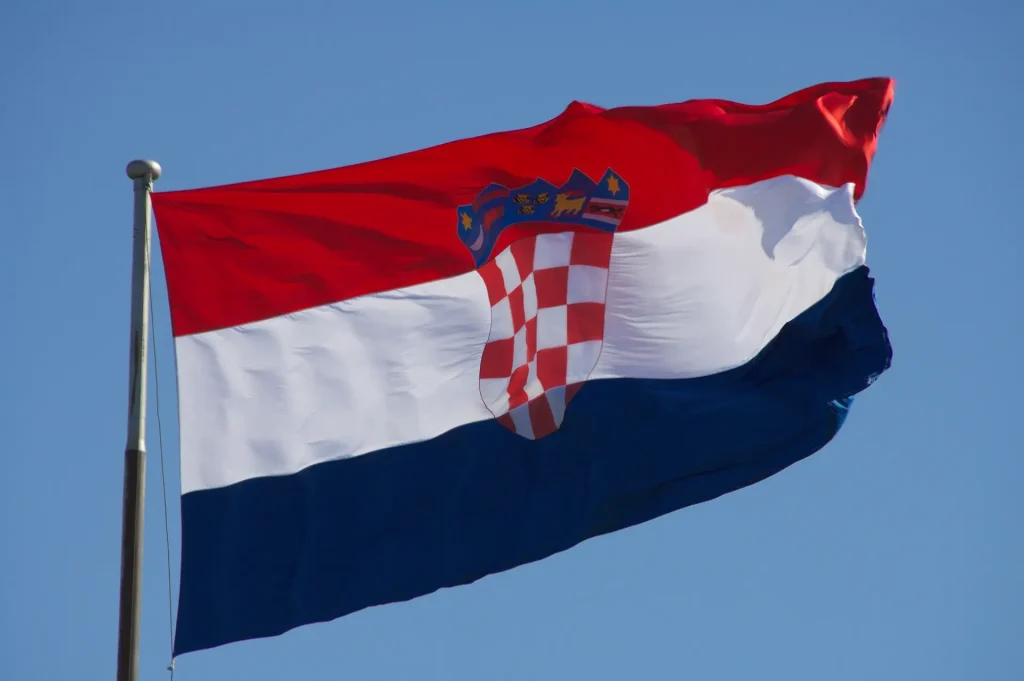As Novac/Vedran Marjanovic writes, Jelena Miketa from the Croatian company Mi-Plast, based in Rijeka, says that she considers it to only be a matter of time before this type of technology comes to life throughout Europe and the rest of the world.
This Rijeka company, with its close cooperation with Spanish partners, has developed a new technology for the decomposition of plastic – Ecometilal. Starting from the fact that within the European Union alone, a quarter of plastic waste ends up in landfills, these Croatian and Spanish partners launched the developmental phase of the Ecometilala project back in 2016 from European Union funds, which was all concluded back in March this year.
“The total research budget of Ecometilal stood at two million euros, and the results of the project showed that the combination of gasification and synthesis is sustainable for recycling plastic waste of a complex composition from different sources,” said a report on the topic.
After the completion of the research, the next step is to offer this technology to the economy, and in support of the assessment from the beginning of the text, Jelena Miketa has cited some concrete examples of market interest in Ecometilal.
”Our Spanish partner in the project, Blue Plasma Power, the owner of the KHGP technology patent, is already in negotiations with European investors who see a lot of potential, so the plan is to construct an industrial space in Spain over the next few years, and there are also stakeholders from Saudi Arabia,” revealed Mi-Plast’s Jelena, which is otherwise a family company owned by Davorin Miketa Petek.
The Croatian company Mi-Plast was moved back in 1991 from Banja Luka to Rijeka, and since 1993, it has been engaged in the production, distribution and recycling of polyethylene packaging used in industry, households, construction, agriculture and tourism.
When asked if other Croatian companies are interested in Ecometilal technology, Jelena Miketa said that several companies in the country have expressed interest and support.
”Here in Croatia, support was given to the entire project team and the idea of a new type of chemical recycling of waste, which results in the creation of a new eco-product for a wider purpose. However, Croatian companies still suspect that the initial investment is too expensive, and the procedure is too complicated, and that the initial incentive should come from government agencies that will recognise the long-term benefits for Croatia in the technology of the Ecometilala project,” she explained.
The aforementioned interest of the state in encouraging the production and use of methyl for the decomposition of plastics stems, among other things, comes from the fact that back in January this year, the Council of the European Union began to apply the relevant EU directive on such waste in landfills.
According to Jelena Miketa, the aforementioned tax amounts to 800 euros per tonne of unrecycled plastic waste, and given the fact that here in Croatia, about 40 thousand tonnes of such packaging is disposed of in landfills, the tax liability of the country for non-recycled plastic waste would amount to a massive 32 million euros per year.
”The estimated value of the use of Ecometilal and the annual operating cost are approximately several times less than the amount by which the EU would additionally tax Croatia for its plastic waste,” commented Jelena.
Given the additional taxation and other costs of disposing of non-recycled plastics, the estimate of a 5 billion euro market for the Croatian company Mi-Plast’s Ecometilal technology seems quite reasonable indeed.
”The application of methyl is wide and diverse in the chemical, pharmaceutical, cosmetic and petroleum industries. These industries consume most of the methyl due to the low level of toxicity, the high dissolution power and low viscosity,” explained Jelena, adding that this is applicable not only as a solvent, but also as a chemical reagent, a base material, as well as as a substitute for other types of solvents in various chemical processes.
”Methylal is also used as a special purpose fuel, as an additive to gasoline fuel. In any case, what’s crucial is that the raw material from which this high-potential and widely applicable chemical product is obtained is waste, more precisely, that waste that can’t really be recycled by conventional recycling methods, so such waste usually ends up in landfills,” said Jelena.
Waste that can be used in plants developed by the Croatian company Mi-Plast and its Spanish partners includes, inter alia, multilayer food packaging, heavily soiled packaging, plastic from electrical and electronic devices containing inorganic materials for strength and insulating properties, and plastic from the automotive industry that comes combined with foam, sponge and other textiles.
For more on Croatian companies, make sure to check out our dedicated business section.











